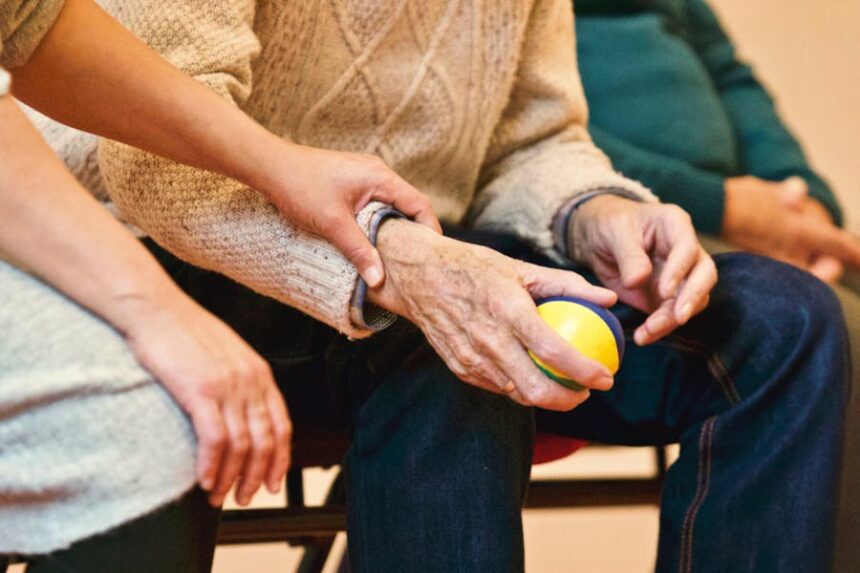One of the hardest decisions for any family to make is to send its beloved member to a nursing home, always hoping that it’ll provide the best care and comfort for their elderly member.
Of course, there are many nursing homes, which give excellent quality and great services, but, unfortunately, many leave much to be desired from care, and the outcome can be tragic. When that happens, the most common reaction might be feeling flustered and unsure of what to do next.
If you are in that or similar situation, it is crucial to learn about the steps you can take in order to protect your loved one. This guide is about what families should do if their loved one is being neglected in any way, and offers practical advice on how to handle such situations.
1. Recognize the Signs of Poor Care
To be able to address inadequate nursing home care, first, you need to know how to recognize when something is wrong. Here are common signs of poor care:
- Frequent injuries like bruises or unexplained fractures
- Rapid weight loss or dehydration
- Unsanitary living conditions
- Emotional changes, withdrawal, or depression
- Bedsores or other preventable health issues
All of these signs are clear indicators that your loved one is not provided with quality care. If you notice any of these red signs it is a red flag and you should document them thoroughly.
2. Document Everything
Here is an explanation of what you should do to document everything properly. This is a crucial step when dealing with nursing home neglect or abuse. Documentation should include:
- Dates and descriptions of incidents
- Photos of visible injuries or unsafe conditions
- Names of staff involved
- Copies of medical records and communication with the facility
It’s important that your documentation is thorough because it strengthens your case if you need to address the issue to authorities or seek legal assistance.
3. Speak with the Nursing Home Staff
You need to act gradually. If you notice signs of neglect or abuse and manage to document them, you should address your concerns directly with the nursing home staff before taking further action. You should ask for a meeting with the facilities management and present your documented evidence. Some statistics show that this step in many cases leads to improvements in care.
Here’s some advice on how you should talk with the staff:
- Stay calm and professional
- Clearly outline your concerns
- Ask about specific measures they will take to improve care
When you do everything said, you should look carefully at how staff reacts to your claims. If they seem unresponsive or dismissive, you may need to escalate the issue.
4. Report the Issue to Regulatory Authorities
In case the staff response to your concerns is not adequate, you should involve external regulatory authorities. Most countries and states have government agencies responsible for overseeing nursing home operations and ensuring compliance with care standards. Here are things you should know about filing a complaint:
- Provide all documented evidence
- Include specific details about the incidents and responses from the nursing home staff
- Follow up regularly to check the status of your complaint.
5. Consider Relocating Your Loved One
If you think that your loved one is at risk, you should definitely consider relocating them to another facility. This step may be necessary in order to ensure their safety and prevent further neglect or abuse. Research potential nursing homes thoroughly and visit them in person to reassure yourself that everything is how they say it is.
The main things you should research are staff-to-patient ratio, cleanliness, overall environment, and feedback from current residents and their families to make sure your loved one is going to be provided with high-quality care.
6. Seek Legal Assistance
This is a very unpleasant subject, but it must be discussed because more severe outcomes unfortunately may occur. If nursing home neglect or abuse results in serious harm or wrongful death, seeking legal assistance becomes essential.
A qualified nursing home wrongful death lawyer can help you understand your rights. He will gather all the evidence and pursue compensation for the harm caused. It is very important that you choose a lawyer with experience in this type of case because he will be familiar with the specific regulations governing these facilities.
Conclusion
If you notice any signs of neglect or abuse it is crucial to take action not only to help your loved one but also to promote accountability and better care standards in the long term.
No one should have to go through such an ordeal, but more often than not, this kind of thing does happen, which is all the more reason to resort to legal action and not just for your own justice, but for the safety of every future resident.
Consulting a nursing home wrongful death lawyer is a crucial step if neglect leads to severe harm or loss.




